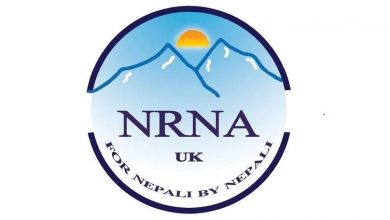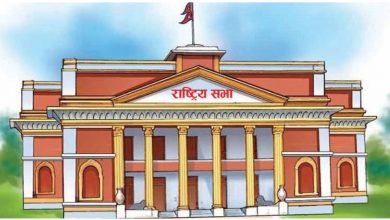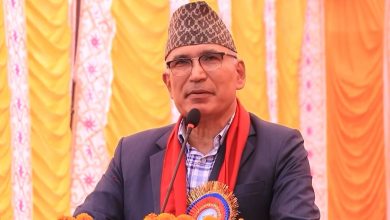‘Implementation of Nepal’s commitments made in 3rd cycle of UPR seems dismal’
Kathmandu: Nepal’s status on implementation of the commitments made during the 3rd cycle of Universal Periodic Review (UPR) on human rights seems poor.
A meeting of the Committee on Law, Justice and Human Rights held on Sunday discussed the status of implementation of the recommendations received from the UPR report. The meeting also held discussions about the preparations for the 4th UPR.
As per the details submitted during the meeting from the Office of the Prime Minister and Council of Ministers, Nepal has failed to implement most of the recommendations of the third UPR, while the part of preparations for the 4th UPR seem inadequate.
Nepal’s 4th cycle of Universal Periodic Review is taking place in 2026, and for this, Nepal should share its national report to the UN Human Rights Council by 5 October.
In today’s Committee meeting, Minister for Communications and Information Technology Prithvi Subba Gurung said Nepal was committed to presenting the report in the given timeline adding that officials were working in coordination with all agencies involved.
Minister Gurung said that formulating laws to implement the constitutional provisions, developing mechanisms for implementation of planning and policy and allocating budget were the government’s priorities.
During the meeting, Minister for Law, Justice and Parliamentary Affairs Ajay Kumar Chaurasiya claimed that Nepal has made remarkable job to take the transitional justice to a conclusion.
On the occasion, Chief Secretary Eaknarayan Aryal informed the Committee about the status of the implementation of the 3rd UPR.
“Of the 196 commitments made by Nepal from that report, only 16 have been fully implemented. Ten others are partially implemented and 111 are at different stages of the implementation while 10 are not implemented. Nepal had taken 37 points only into notice,” the Chief Secretary said.
At the meeting, the committee members raised the issues dismal state of the rights of Dalits and minorities, caste-based discrimination and untouchability, fundamental rights, and others.









Comments